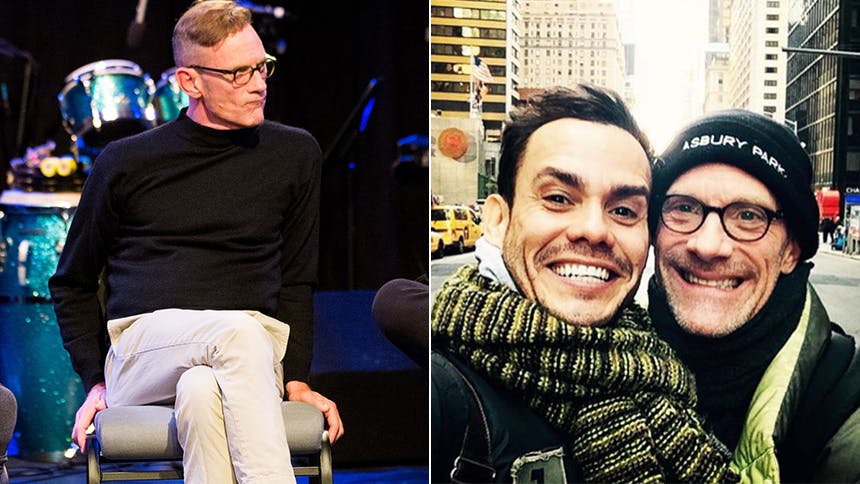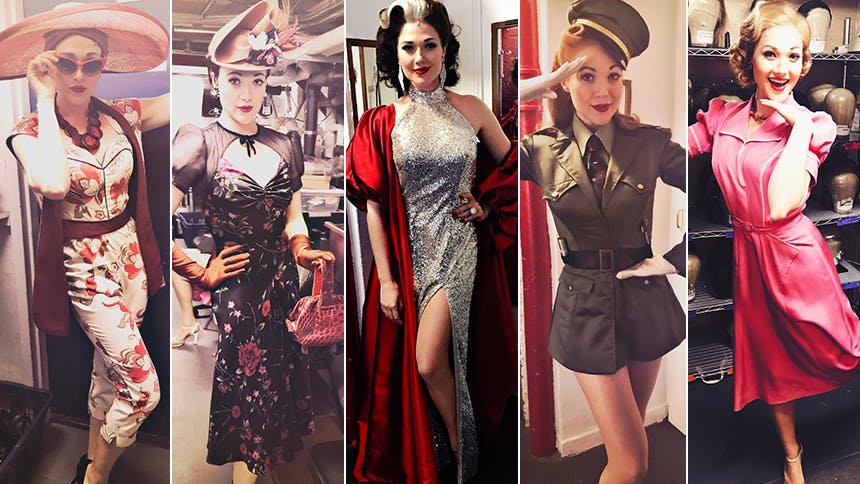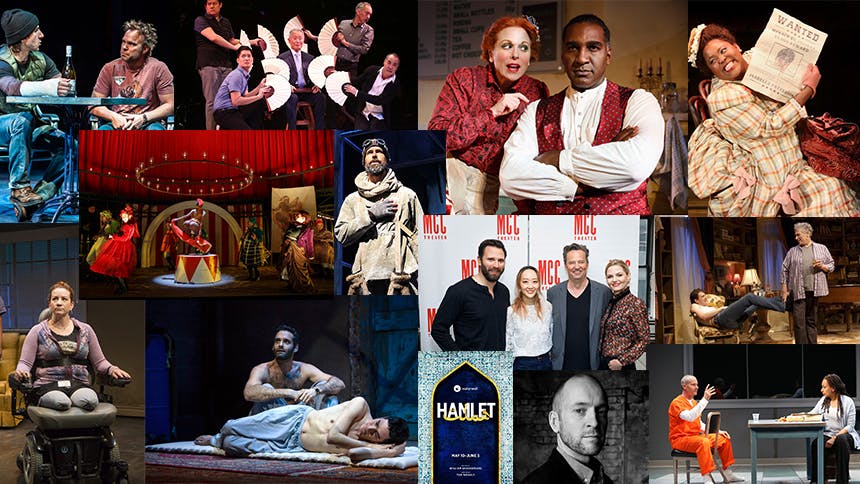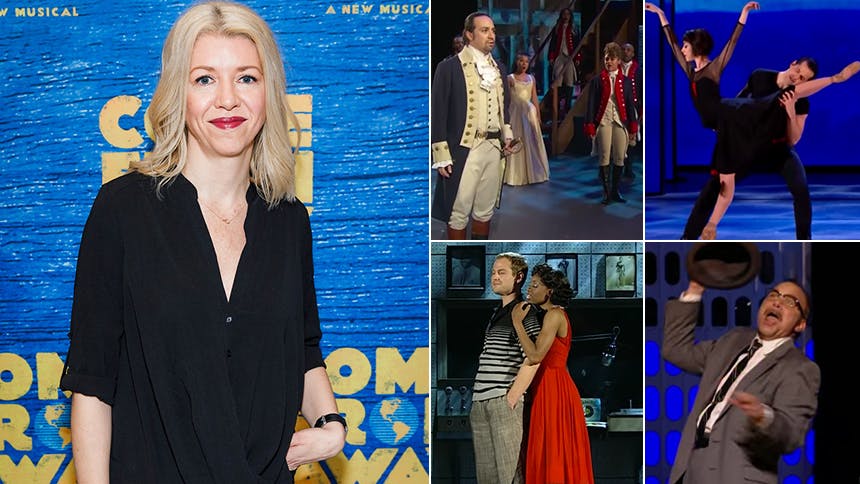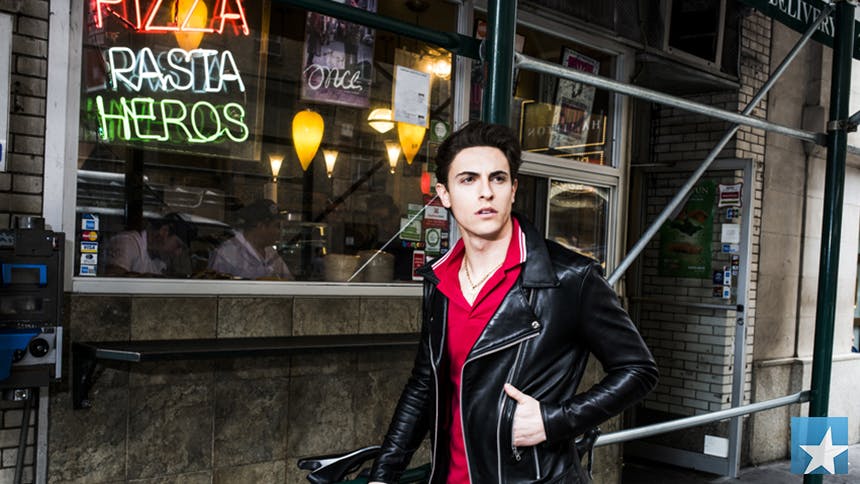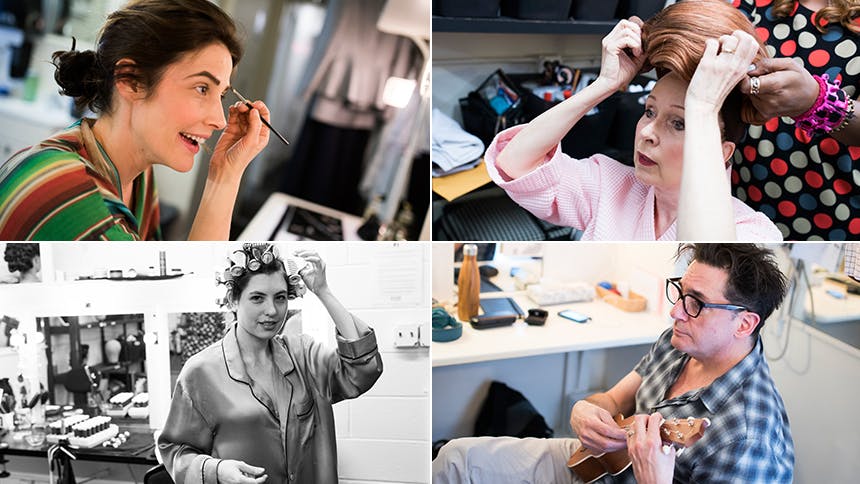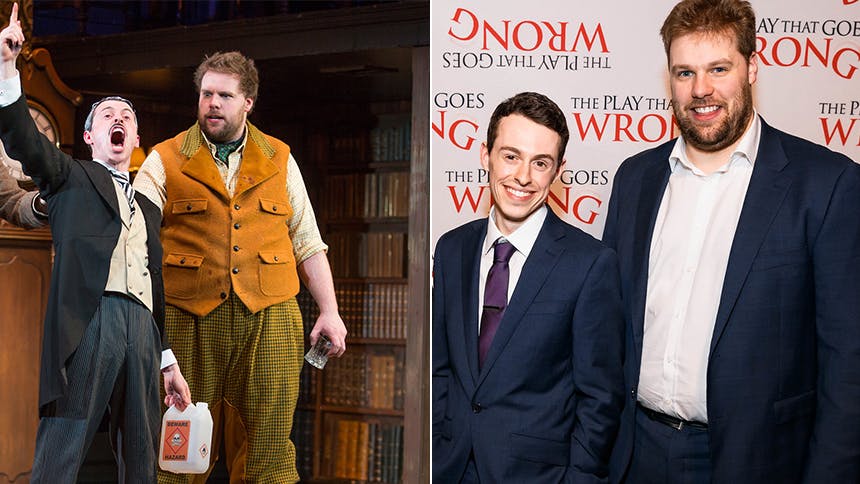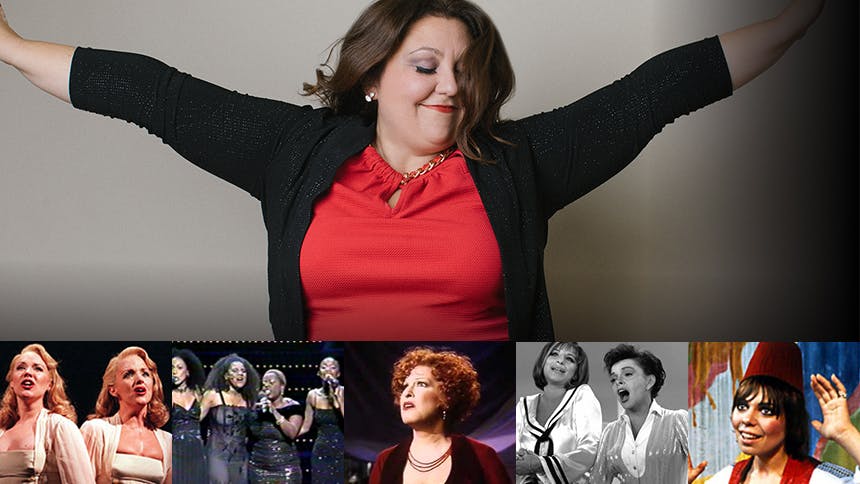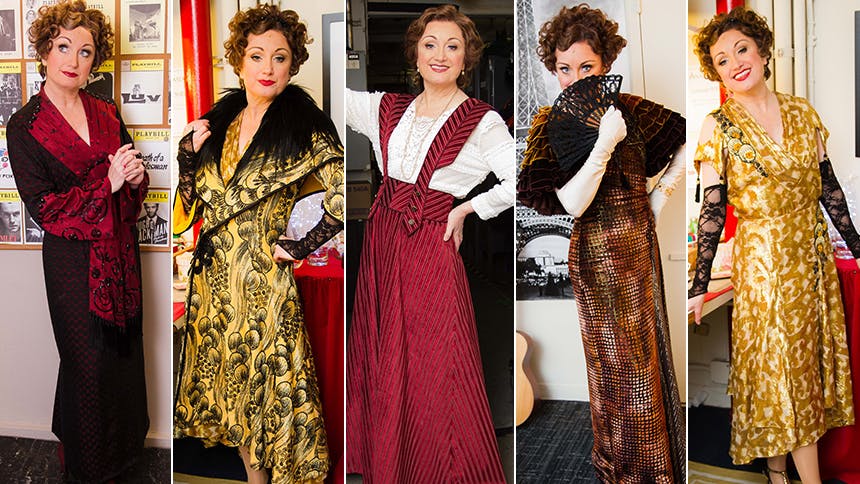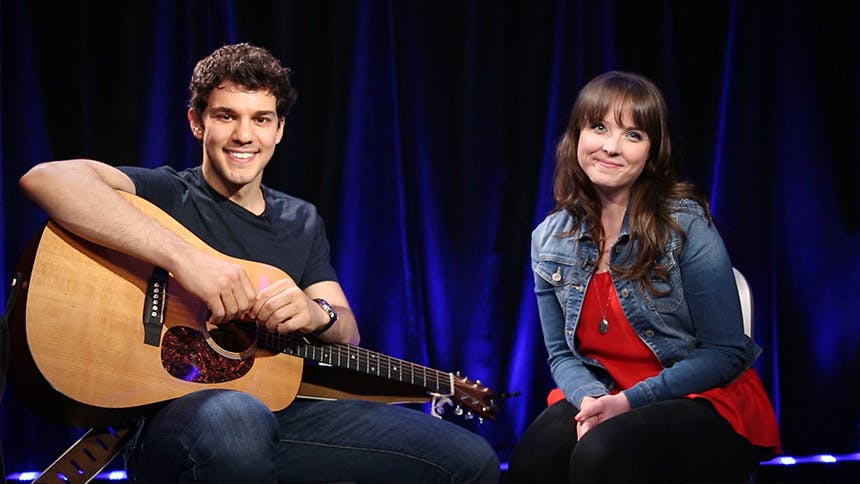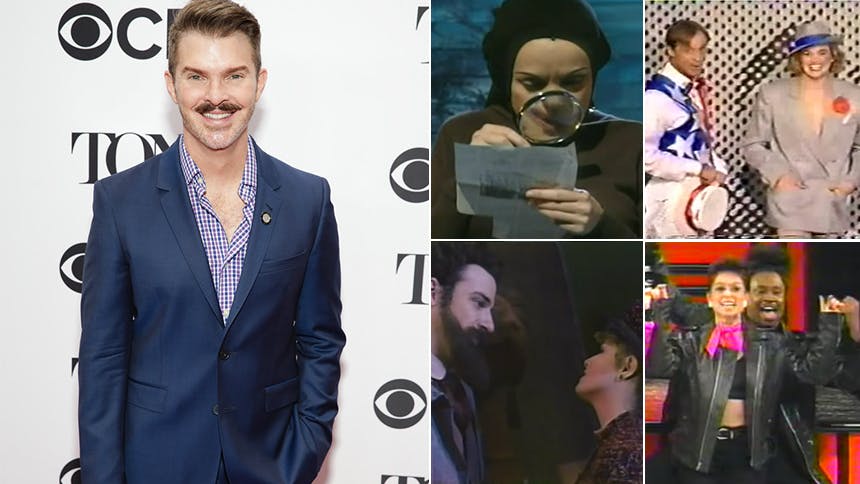Actor, writer, and director David Drake won an OBIE Award in 1993 for his seminal solo show The Night Larry Kramer Kissed Me. He starred in the film adaptation of the show, as well as off-Broadway productions of Vampire Lesbians of Sodom, Pageant, and The Boys in the Band. As a director, David has frequently collaborated with Pulitzer Prize finalist Taylor Mac and Migguel Anggelo. David and Migguel return to Joe's Pub on May 23 and May 24 with Migguel's new solo show, So Close: Love & Hate.

BroadwayBox spoke with David Drake for our new interview series with New York theatre's creators and designers. Read on as he discusses his approach to directing, advise for aspiring directors, and creating and sustaining a new solo piece.
1. What would you tell The Night That Larry Kramer Kissed Me David about the business of the theatre?
Save your money. And as an artist in it for the long haul, dismiss any need for celebrity. Rather, stay attuned to developing relationships.
2. How does your experience as a writer and an actor inform your approach to directing? How might it be different than someone who doesn’t have that background?
As an actor, I follow a Uta Hagen super-objective path, so I respect that the writer has made careful choices to help each character achieve certain goals through the course of the play towards their larger objective. Continuously, when I’m directing, I also take that beat-by-beat/scene-by-scene approach with all the characters, which I believe comes from the writer in me. The combo for me as a director is that I’m always conscious in motivating the characters’ movements while also keeping an eye on who needs to be clearly focused in order for them—and the audience—to earn our way to the next scene. I ask, “What’s at stake? For whom? And why?” a lot, as well as staying alert to the obstacles each character is attempting to overcome. Again, it’s all super-objective stuff, and how that informs each movement of each character in each scene to get to the end of the play. Hence, this inside-out approach, for me, really helps me believe in each character, and why the story needs to be told, while also instructing me on how to frame it, picture it visually for the audience. Cause I’ve also learned over 20 years of directing shows, that, like a silent movie, I should be able to watch the show without words and still understand what’s happening, what’s funny, what’s scary, what’s sexy, what’s moving, and, naturally, who’s at the center of it.
3. What are three pieces of advice you would give to actors looking to make the leap to direction?
First, see everything, never leave a show early. I’ve learned a lot from watching stage shows—and movies, TV shows, art shows, albums, web series!—that actually don’t work! Understanding why is key; figuring that out will help you see how the story went off course, and didn’t satisfy—which is often about a show not surprising you. And how do you surprise an audience? Invest in the moment. This happens for shows that work too!
So, secondly, study shows that work closely. For instance, I remember when I saw Grey Gardens on Broadway. I’d seen the movie, of course, but, as I learned, the guy next to me hadn’t. And (spoiler!), late in Act II, when Little Edie is standing at the gate singing about how she’s going to leave, then Big Edie shouts from off-stage for her, Little Edie took a beat, then finally answered, “Coming Mother, darling.” and the guy sitting next to me said out load with exasperation, “Ah... and she almost got away.” He was surprised. He was invested in the character’s need to escape, and the story. In that moment, I realized, I was too. Because of all the pieces coming together in that production—perfect writing, perfect acting, perfect direction—I thought, maybe she will fly free, around the world, which is Little Edie’s super-objective. In Grey Gardens, however, the main character never achieves her ultimate goal—and, guess what, that’s a story too!
Third, develop relationships with new playwrights.
4. Where would you tell someone to begin if he or she were creating a solo piece? What’s most important to keep in mind throughout the incubation process?
Stick to what you’re passionate about. Learn to listen to that energy, those things that excite you inside. Don’t worry about them “Big Ideas” or “Something Different" or "Impressing People," just be with what makes you tick. Ultimately, a solo show is very distinctly from you, the individual. And it is you giving that gift of yourself to an audience; they came looking for just that! This involves your very particular point-of-view. I think if it like standing inside of a house: Which window do you look out of? What do you see? Quite literally, what’s your point of view? Witness that. Respect that. Write it down. Hear how it sounds in your voice, your body.
Don’t let your imagination get locked into props/costumes/projections, all that director/designer stuff, just develop the character or scene or idea with words and motivations first. The other stuff will fall into place. And get a good director who respects your process, helps you along in developing and focusing the piece dramaturgically. Don’t be precious with your words or ideas, stay loose. Listen carefully to yourself and your collaborators, yet... trust your gut.
Don't miss 'So Close: Love & Hate' at Joe's Pub May 23 & May 24.
